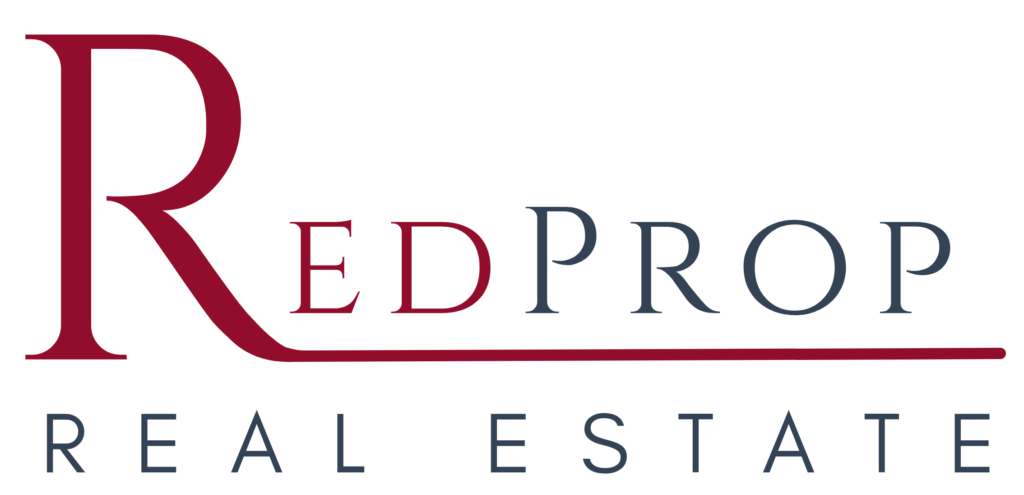Property purchase is definitely one of the biggest purchases and commitments for many people and today we will be touching on a few elements that you should deliberate over before jumping in.
Listed below are the 5 factors:
Downpayment and Misc fees
Cash Reserve
Current Phase in life
Loan Affordability
Mortgage to Salary Ratio
I will be touching on the above points shortly. Guide will help you in your home purchase journey to ensure smooth buying process.
1 – Downpayment and other hidden fees
For private residential property, you can only take bank loan up till 75% of the house valuation. As such, the remaining 25% will be the downpayment and it has to be in Cash or CPF.
On top of the downpayment, you will have to account for the Buyer’s Stamp Duty or Additional Buyer’s Stamp duty (if applicable).
Most of the time, you might easily overlook hidden costs such as lawyer fees and misc. fees such as Mortgage stamp fees.
Lawyer fees are charged on a case-by-case basis depending on different law firms and how complicated your case is. (Eg. Decoupling, Divorce sale, etc)
Private lawyers:
- Anything from $3000 – $4000 for private residential
- $1500 – $3000 for HDB
HDB Lawyers:
- Estimated to be around $450 -$1500
The conveyancing and misc fees follow as below:
| Types of transactions for HDB, HDB Executive and HUDC flats | Board’s Scale of Fees (Computed to the next $) |
| Resale, transfer or assignment of flat by the owner | First $30,000 @ 13.5 c. per $100 or part thereof |
| Next $30,000 @ 10.8 c. per $100 or part thereof | |
| Thereafter @ 9.0 c. per $100 or part thereof | |
| There shall be a minimum fee of $20. |
Source: HDB
For a $370K flat, the conveyancing fee is about $367 not inclusive of GST, Caveat fees, etc.
For a more accurate figure, you can visit: https://www.hdb.gov.sg/cs/infoweb/legal-fees-enquiry-facility/conveyancing-fees-rules
If you are purchasing a $1 million private residential, you will have to account for the following shown in the table below.
| Purchase Price | $ 1,000,000 | ||
| Downpayment (25%) | Remarks | ||
| Downpayment (25%) | $ 250,000 | 25% | |
| Cash (5%) | $ 50,000 | 5% | |
| Cash or CPF (20%) | $ 200,000 | 20% | |
| Buyer Stamp Duty | $ 24,600 | 4% – $15,400 | |
| Additional Buyer Stamp Duty | $ – | 0% | |
| Lawyer Fees | $ 3,000 | ||
| Total Downpayment + Expenses | $ 277,600 | ||

An easy way to do a quick check on yourself if you are Singaporean with no ABSD would be to use 30% (25% downpayment + buyer stamp duty + Misc Fees) to check if you are able to afford the downpayment hidden fees.
After your purchase, you will now have to think about renovation costs which could easily start from $30K even for brand new units but of course it varies widely depending on the style you are going for and how big is your house, current condition etc.
2 – Cash Reserve
Before making your big purchase, it is very crucial to make sure as much as possible it does not jeopardize your current lifestyle.
Rule of thumb:
It is commonly known to have at least 3-6 months of your monthly expense for emergencies.
To be on a safer spectrum, if you are planning to make a property purchase, it is better to have an additional cash reserve up till 6 months of your home mortgage monthly repayment on top of your emergency savings.
Why 6 months?
Under unforeseen circumstances that you will have to liquidate your property:
- Typically, about 1 – 3 months to market your unit and receive a good offer
- The entire sale process is typically about 3 months
Hence, it is safer to have additional cash reserve up to 6 months of your home mortgage monthly repayment on top for your day-to-day emergency expenses before making the property purchase.

If you are curious on how much you need to set aside to purchase your dream home or investment property, do feel free to contact us so we will be able to provide you with more information in helping you make an informed decision.
3 – Current Phase of Life
Whether it’s going for freehold, 99 years leasehold properties, short or long holding period, short term or long term investment, these are all dependent on your current phase in life and these are the few factors that will matter:
- Single or married
- Investment (Short or long term)
- Small or big family
FOR EXAMPLE
If you have 2 kids and you are currently staying in a 2 room flat and eventually your kids will grow up and require a room on their own. Thus, you might want to start planning your finances to upgrade to a 3 room flat etc.
Typically for the younger group of buyers, we would recommend going for 99 years leasehold properties as they generally are lower priced than their freehold counterpart.
Why?
Since you just settled with your partner and might be planning for kids or even more kids, resulting in you selling your house. You will then want to cash out and get the maximum profit on your current property to purchase a bigger property to better cater to your current family size.
Unless you are at the stage of life where you are planning to retire and stay for the long term or looking for long term investment, you can consider going for freehold properties but do note that there is no one size fits all solution in your real estate journey.

Hence, at RedProp, we are able to provide you with a free consultation on such matters whether if it is preparing for your dream home after your marriage or if it’s for your investment property, we will be able to assist you on your financial planning to help you select the right unit.
4 – Loan Affordability
In Singapore, the government has implemented a few measures to help safeguard buyers to loan prudently. Before even you start searching for your house, you might want to accurately determine how much you can loan and afford first.
For Private residential, there is the Total Debt Servicing Ratio (TDSR)
For HDB, there is the Mortgage Servicing Ratio (MSR)
CASE STUDY
For a household earning $10K,
Buying a private residential:
TDSR APPLIES | |
Name | Mr/Mrs Client |
IWAA | 30 |
Combined Monthly Income | $10,000 |
Total Loan Commitments | $0 |
Loan Period | 30 |
LTV | 75% |
Max Loan Period | 30 |
Max Loan Amount | $1,152,037 |
Max Property Price | $1,536,049 |
Monthly Contribution to OA | $1,380 |
Buying a HDB:
MSR APPLIES FOR (HDB / EC) | |
Name | Mr/Mrs Client |
IWAA | 30 |
Combined Monthly Income | $10,000 |
Total Loan Commitments | $0 |
Loan Period | 25 |
LTV | 75% |
Max Loan Period | 25 |
Max Loan Amount | $568,357 |
Max Property Price | $757,810 |
Monthly Contribution to OA | $1,380 |
As you can tell, there is a difference in the loan affordability for buying a private residential and HDB.
Hence, it is imperative to check,
- How much loan you are eligible for
- Is the monthly mortgage repayment amount sustainable
- Current mortgage interest rate
before you start your home search.
To find out more accurately how much you can afford to loan and how to properly structure an ideal financial plan to best fit your home purchase with minimum monthly mortgage repayment, feel free to contact us here.
5 – Mortgage to Salary Ratio
Many might ask how much of my monthly salary should my mortgage repayment be?
In Singapore, there are already measures such as TDSR (Total Debt Servicing Ratio) and MSR (Mortgage Servicing Ratio) in place to ensure prudent lending. TDSR is based on 55% of your monthly income including other liabilities such your credit card, car loan etc, while MSR is based on 30% of your monthly income to tabulate how much loan you can take.
A guideline would be to use 30% – 50% of your monthly income to meet your home monthly repayment mortgage amount.
Nevertheless, each circumstance and cases varies and sometimes people might even put more into repaying their monthly mortgage as houses are a class of assets which is a safe investment or a form of savings.
Another common scenario is to rent your property and have tenants to help you pay your house monthly obligations.
CASE STUDY
Assuming:
Property Price: $1.5m
Loan Tenure: 30 Years (Max)
Loan Amount: $1.125m (Max)
Household Income: $12K
| 1% | 2% | 3% | 4% | 5% |
Total Monthly repayment mortgage | $3,618 | $4,158 | $4,743 | $5,371 | $6,039 |
Mortagage to Salary Ratio | 30.2% | 34.7% | 39.5% | 44.8% | 50.3% |
As seen from the above table, we can deduce that with every 1% increase in interest rate, there is about a 4% increase in the Mortgage to Salary ratio. Thus, it is crucial that you plan your finances properly before committing to a purchase.




